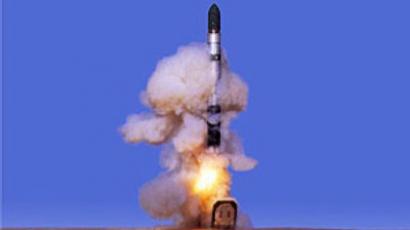Moscow hopes START treaty to be signed in spring
Moscow says the signing of the new START arms reduction treaty between Russia and the US may be in March or April of this year.
“March or April looks like a realistic deadline,” Russian presidential aide Sergey Prikhodko said.
The official noted that “the work of delegations is taking place in a constructive pragmatic manner.”
He said that only small technical inconsistencies that need to be settled remain and “most likely, the signing will take in the first half of this year.”
Prikhodko was glad to know that the US side was not trying “politicize” the treaty.
“We reaffirm the objective assessment of the situation during negotiations and preparation of the document made by our American colleagues,” he said.
According to the official, Russia and the US “will continue to refrain from commenting on the very text of the document.”
The Wall Street Journal reported that for the first time in twenty years, Russia and the US have reached “an agreement in principle” on the nuclear arms reduction deal.
It is expected the number of warheads on each side will be reduced to 1500-1675 units. Under the 1991 START treaty, the parties have the right to 2200 warheads each. The agreement would also lower nuclear delivery systems sharply to between 700 and 800 apiece.
Stalled but not stopped
Russia and the United States failed to sign a new START treaty before it expired on December.
Questions arose as to whether the talks were in trouble, but last week US President Barack Obama and Russian President Dmitry Medvedev agreed on some of the divisive issues in telephone talks.
The Wall Street Journal reported that the breakthrough came earlier, during the visit of National Security Adviser James Jones and the chairman of the Joint Chiefs of Staff Admiral Michael Mullen to Moscow two weeks ago.
Vadim Kozyulin from the Moscow-based Center for Political Studies believes that, although the deal concerning nuclear cuts has not been signed yet, the agreement has already been reached and it is only the question of technicalities now:
“There are a lot of questionable issues like the number of charges, carriers – which are different in the United States and Russia. So it’s a long negotiation process… and I think we’ll have a result.”













